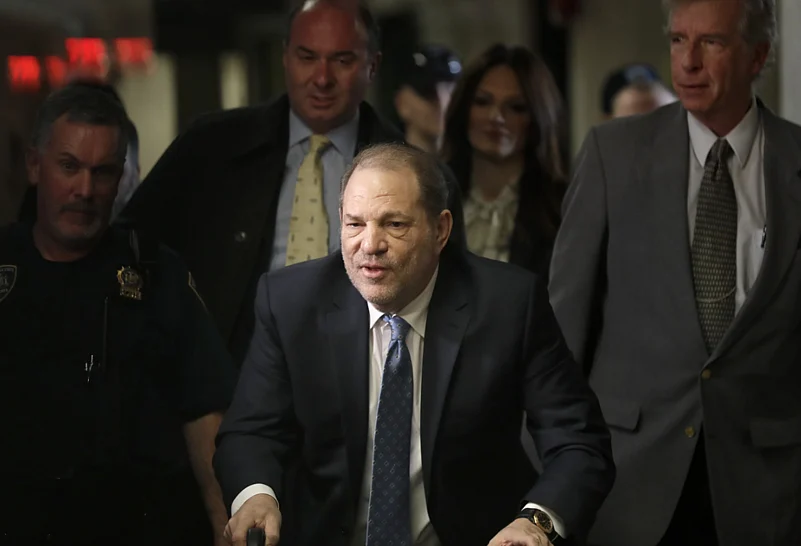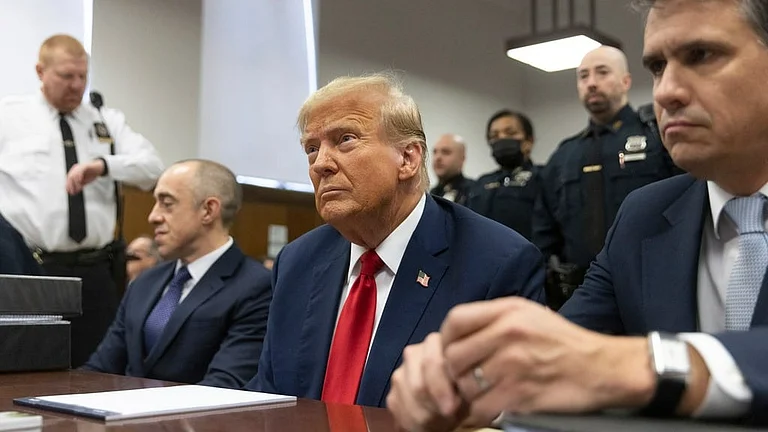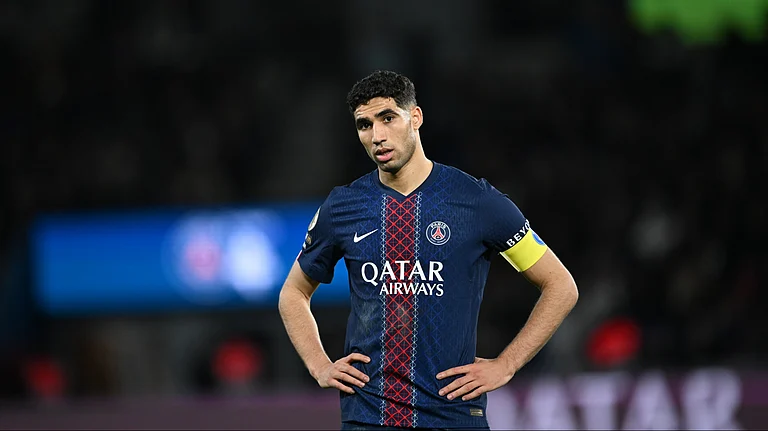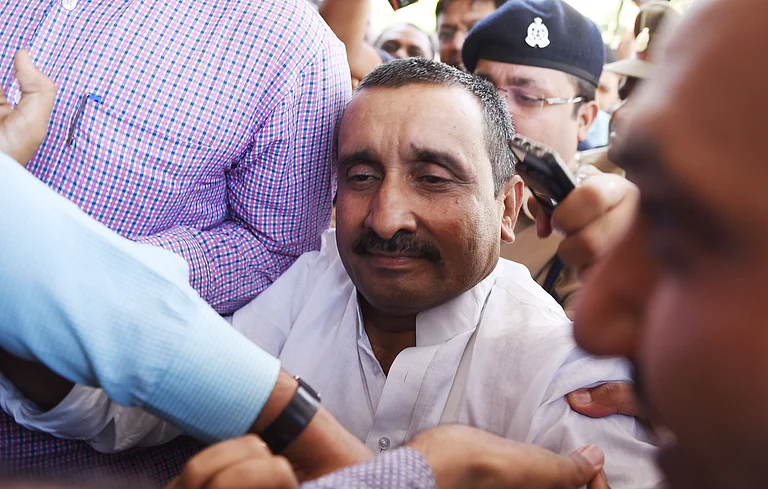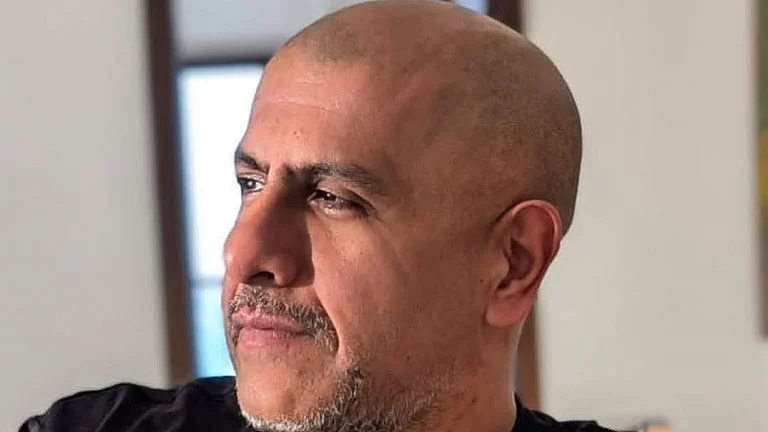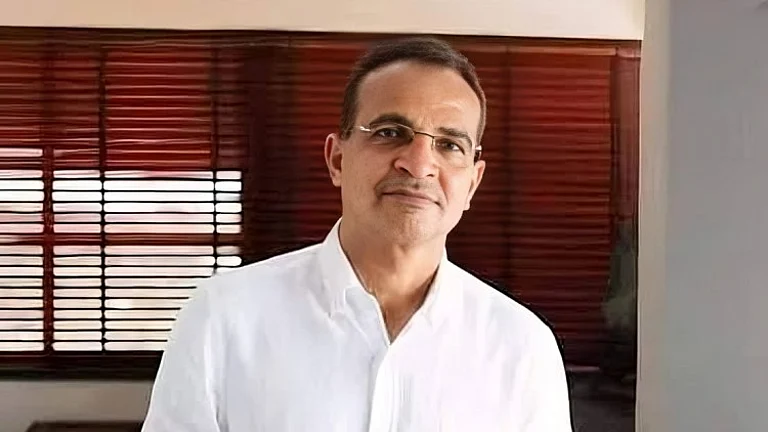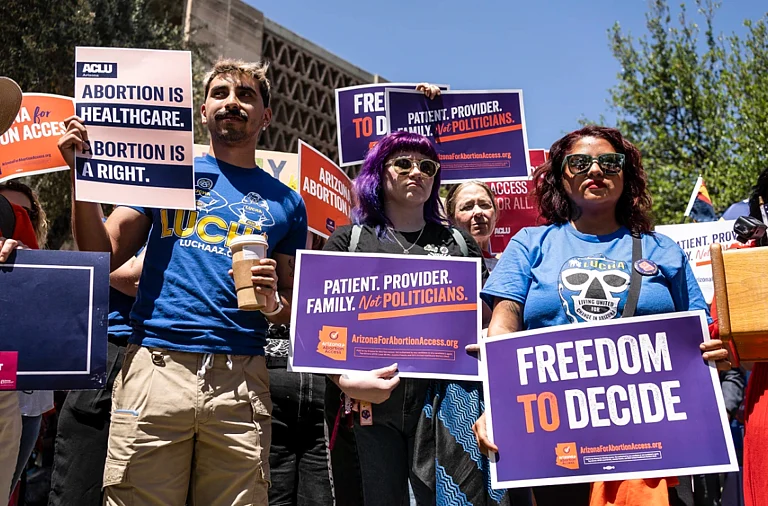The highest court in New York has overturned Harvey Weinstein's rape conviction from 2020. They concluded that the judge in the #MeToo trial had unfairly prejudiced the former movie mogul with improper rulings, including allowing women to testify about allegations not included in the case.
“We conclude that the trial court erroneously admitted testimony of uncharged, alleged prior sexual acts against persons other than the complainants of the underlying crimes,” stated the court's 4-3 ruling. “The remedy for these egregious errors is a new trial.”
The ruling by the state Court of Appeals revisits a difficult period in America's confrontation with sexual misconduct involving influential individuals—a period that began in 2017 by numerous accusations against Weinstein. Once more, his accusers may face the distressing prospect of recounting their traumas in court.
The majority of the court stated that “it is an abuse of judicial discretion to permit untested allegations of nothing more than bad behavior that destroys a defendant’s character but sheds no light on their credibility as related to the criminal charges lodged against them.”
In a strongly worded dissent, Judge Madeline Singas argued that the majority was “whitewashing the facts to conform to a he-said/she-said narrative." She criticized the Court of Appeals for perpetuating a troubling pattern of overturning juries' guilty verdicts in cases of sexual violence.
“The majority’s determination perpetuates outdated notions of sexual violence and allows predators to escape accountability,” Singas wrote.
Weinstein, aged 72, has been serving a 23-year sentence in a New York prison after being convicted of a criminal sex act for forcibly performing oral sex on a TV and film production assistant in 2006, and third-degree rape for an attack on an aspiring actress in 2013.
Is Harvey Weinstein going to be released?
Although his conviction has been overturned, Weinstein remains imprisoned because he was convicted in Los Angeles in 2022 of another rape, receiving a 16-year sentence. Notably, he was acquitted in Los Angeles on charges related to one of the women who testified against him in New York.
Weinstein's lawyers argued that Judge James Burke's rulings favored the prosecution, effectively transforming the trial into what they dubbed "1-800-GET-HARVEY."
Weinstein is currently incarcerated at the Mohawk Correctional Facility in New York.
Impact on #MeToo Movement
The reversal of Weinstein's conviction marks a significant setback for the #MeToo movement, following the U.S. Supreme Court's refusal to hear an appeal in Bill Cosby's sexual assault case.
Weinstein's conviction stood for over four years, celebrated by activists but contested by his legal team and later by the Court of Appeals, which heard arguments on the matter in February.
Accusations against Weinstein, the former influential and feared studio executive responsible for acclaimed films like "Pulp Fiction" and "Shakespeare in Love," ushered in the #MeToo movement. Many women, including renowned actresses like Ashley Judd and Uma Thurman, spoke out against Weinstein. His trial in New York garnered significant attention, with demonstrators outside the courthouse chanting "rapist."
Review of Judge Burke's Conduct
Maintaining his innocence, Weinstein asserts that any sexual activity was consensual.
During the appeals process, Weinstein's lawyer argued that Judge Burke's rulings unfairly prejudiced the trial by allowing testimony beyond the scope of the charges and by permitting the prosecution to confront Weinstein about his history of alleged misconduct.
The defense contended that Weinstein wanted to testify but refrained due to concerns about facing questions regarding numerous alleged incidents spanning decades. These incidents encompassed altercations with his brother, outbursts of anger resulting in flipping tables, snapping at waitstaff, and yelling at his assistants.
Aidala also objected to Judge Burke's decision not to dismiss a juror who had authored a novel featuring predatory older men, a theme Aidala believed was too reminiscent of the issues in Weinstein's case.
On the other side, a lawyer representing the Manhattan district attorney’s office defended the judge's rulings, asserting that the additional evidence and testimony were crucial in providing jurors with context regarding Weinstein’s behavior and interactions with women.
Appellate Chief Steven Wu argued that Weinstein's defense claimed "that they had a consensual and loving relationship both before and after the charged incidents,” a characterization that the additional testimony effectively countered.
Wu pointed out that Weinstein's acquittal on the most serious charges — two counts of predatory sexual assault and a first-degree rape charge involving actor Annabella Sciorra’s allegations of a mid-1990s rape — indicated that the jurors were attentive and not overwhelmed by the supplementary testimony.
The Court of Appeals agreed to review Weinstein’s case after a lower appellate court upheld his conviction, with judges expressing reservations about Judge Burke's conduct during oral arguments. One judge noted that Judge Burke had allowed prosecutors to introduce "incredibly prejudicial testimony" from additional witnesses.
Burke's term ended in 2022 without reappointment, thus concluding his tenure as a judge.
In their appeal, Weinstein's legal team sought a new trial solely for the criminal sexual act charge, arguing that the rape charge could not be retried due to alleged conduct falling outside the statute of limitations.







